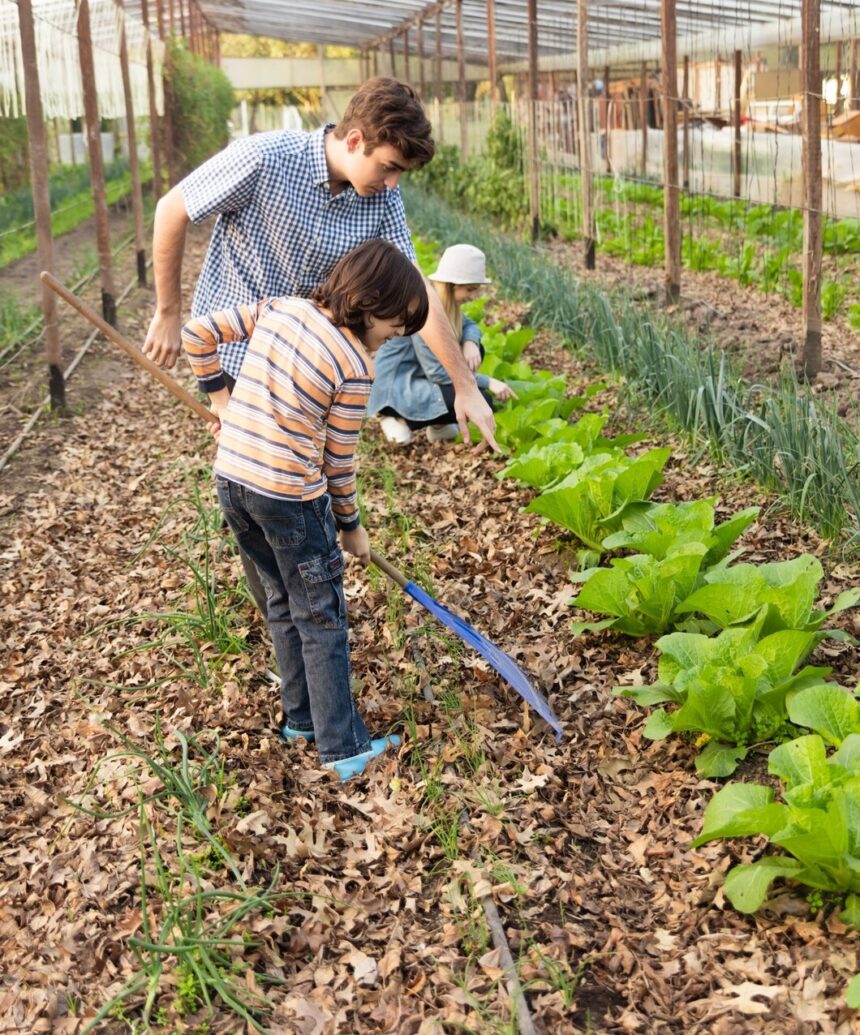In recent years, the agricultural landscape in South Africa has faced numerous challenges, including climate change, soil degradation, and increasing pest resistance. As farmers seek sustainable solutions to enhance productivity and resilience, polyculture emerges as a promising farming practice. This article explores the benefits of polyculture and how it can transform South African agriculture.
What is Polyculture?
Polyculture is the practice of cultivating multiple crops or livestock species in the same space, contrasting with monoculture, where a single crop is grown over a large area. This method mimics natural ecosystems, promoting biodiversity and creating a more resilient farming system.
Benefits of Polyculture
- Enhanced Biodiversity
Polyculture increases biodiversity by incorporating various plant and animal species. This diversity helps maintain a balanced ecosystem, encouraging beneficial insects and microorganisms that support soil health and plant growth. - Improved Soil Health
Growing multiple crops together can enhance soil structure and fertility. Different root systems can access nutrients at varying depths, while cover crops can prevent soil erosion and improve organic matter. Additionally, diverse plants can promote microbial activity, leading to healthier soils. - Pest and Disease Management
Polyculture can reduce pest and disease pressure. When crops are mixed, pests are less likely to find their preferred host plants, which can lead to lower infestation rates. Furthermore, certain plants can repel pests or attract beneficial insects, creating a natural pest management system. - Increased Resilience to Climate Variability
Diverse cropping systems can help farmers adapt to climate change. By growing a variety of crops, farmers can mitigate risks associated with extreme weather events, such as droughts or floods. Some crops may thrive under challenging conditions, providing a safety net for farmers. - Optimized Resource Use
Polyculture allows for more efficient use of resources, such as water and nutrients. Different plants have varying water and nutrient requirements, which can lead to improved resource allocation and reduced waste. - Enhanced Flavor and Nutrition
Growing a variety of crops can lead to a more diverse and nutritious diet for consumers. Many heritage and local crops offer unique flavors and nutritional profiles, appealing to health-conscious consumers and enhancing market opportunities. - Increased Economic Opportunities
Diverse farming systems can open new markets and income streams for farmers. By growing a variety of crops, farmers can reduce their reliance on a single crop and increase their resilience to market fluctuations. This diversification can lead to improved profitability. - Sustainable Practices
Polyculture aligns with sustainable farming practices that promote environmental stewardship. By minimizing the use of chemical inputs and enhancing ecosystem services, farmers can contribute to a more sustainable agricultural future.
Implementing Polyculture
Farmers interested in transitioning to polyculture can start by:
- Assessing their Land: Understanding the unique characteristics of their land, including soil type, climate, and available resources, is essential for selecting compatible crops.
- Choosing Complementary Crops: Selecting crops that have complementary growth habits and resource needs can optimize yields. For example, pairing legumes with cereals can enhance nitrogen fixation and nutrient availability.
- Adopting Crop Rotation: Implementing crop rotation alongside polyculture can further enhance soil health and reduce pest pressure.
- Monitoring and Adapting: Farmers should regularly monitor their polyculture systems and adapt practices based on observations and outcomes. This flexibility can lead to continuous improvement.
Polyculture presents an opportunity for South African farmers to enhance productivity, sustainability, and resilience in their farming systems. By embracing biodiversity through polyculture, farmers can not only improve their livelihoods but also contribute to the broader goal of sustainable agriculture. As the agricultural landscape continues to evolve, polyculture offers a viable path toward a more resilient and prosperous future for South African farmers.
Join 'Farmers Mag' WhatsApp Channel
Get the latest Farming news and tips delivered straight to your WhatsApp
CLICK HERE TO JOIN






